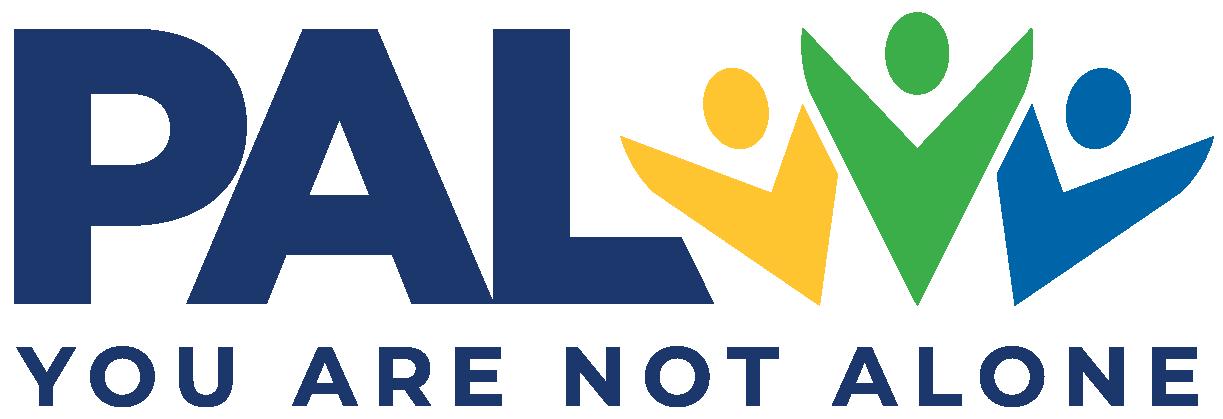
I’ve been watching, sometimes even re-watching on occasion, a show called The Bear in recent months. It’s probably the most honest, unflinching portrayal of what it’s like living in the unrelenting shadow of trauma, anxiety, and mental illness I’ve seen on screen, or at least quite close to it. The main character, Carmine “Bear” Berzatto, is an adult child of an alcoholic, grew up in a remarkably chaotic and abusive household with an absentee father, and is doing everything he possibly can to avoid grieving the loss of his hero, his elder brother, who struggled with addiction and ultimately commits suicide.
Carmy is a world-renowned young chef in the fine-dining world. When his brother passes away he inherits the family restaurant, a lowly, greasy Chicago beef spot in the titular city’s River North neighborhood. Following the tragedy, he makes it his personal mission to reinvent and revitalize the spot, almost inadvertently, as a testament to honoring his late brother’s memory.
If you haven’t seen the show yet, I’d highly recommend it. It can be anxiety-inducing, heartbreaking, and tragically funny, all in the span of a thirty-minute episode. I won’t get into spoiler territory here but needless to say the show has deeply resonated with me since its debut on a fairly intense emotional level.
As the best storytelling does, regardless of medium, The Bear made me think. I watch this harried, troubled, grieving man suffer through existence and problematic interpersonal relationships, and it is almost as if I’m given insight – a window even, into the lives of the people who loved me when I was at my lowest point. It’s a shame addiction and mental illness are so all-encompassing in the way they cloud us of our judgment, empathy, compassion, and humanity. It’s a disease that affects everyone, even the non-sufferer, and inhibits them almost completely from realizing this very fact.
I didn’t stop for anybody. I almost never had the wherewithal to pause and ask myself how my behavior was affecting the people around me. My single-minded zeal in staying intoxicated knew no bounds. Consequences for me or anyone else be damned. It wasn’t until I came to believe my life could be different and accepted the help that was offered to me that I began to see the effect we have on the people around us.
It’s incredibly easy to be self-absorbed. To be caught up in yourself, your depression, your anxiety, your addiction, your stress, or your problems. The way these things permeate our thought process and obfuscate our true nature, our spirituality, is insidious. It’s like a virus that infects us and spreads.
This is a reoccurring theme in The Bear: despite our best intentions, our pasts, our unresolved issues, our mental illness, and even addiction come to define us and spill out onto the people around us even when we don’t want them to.
I’ve spent years unraveling my BS and trying to be better than the person I was for so long. I try to live in a way that sets those wrongs right to the best of my ability. I fail, succeed, grow, and regress. It’s a constant process, sometimes more intensive than others. There are times when it gets dark as hell, and I start to slip into self-deprecation, even loathing.
But what The Bear’s reminded me lately is all that matters is that we keep getting up and trying. We press on, despite our circumstances or how we might feel on any given day, and do the best we can to heal, in turn allowing us to give freely of ourselves to the world and the people that love us – alongside the people that need love the most: the broken, sick, and suffering.
I didn’t enjoy recovery every day when I was new. I didn’t always believe the things I was doing would help me in the long run. The difference was that for the first time in my life, I got up and did them. I tried. Unrelentingly. Not always with passion but with diligence and discipline. I’ve lost sight of this principle before, even recently, and I watched Carmine spill his BS onto all the people in his life, the people relying on him, and I actively made a choice not to do the same. To pick up where I left off, tell myself that nothing can break me, and step back into service and positivity to the best of my ability, even on the hardest days. There’s always something, or someone, worth fighting for.
It’s important that we heal. Even if you don’t think it’s worth it for yourself, or you don’t care that much for yourself, or you think you’ve failed yourself or somebody in your life, it’s important. It’s important for them. Even if you don’t think it is. Even if nothing changes with them or in your relationship right away, if ever, it’ll set the stage for your days to come and potentially change the narrative of somebody else’s life in the process…for the better.
Watch the Bear. You’ll probably relate. Maybe you’ll even have an experience like me and come out on the other side with some wisdom.
With love,
Sean, In Recovery
